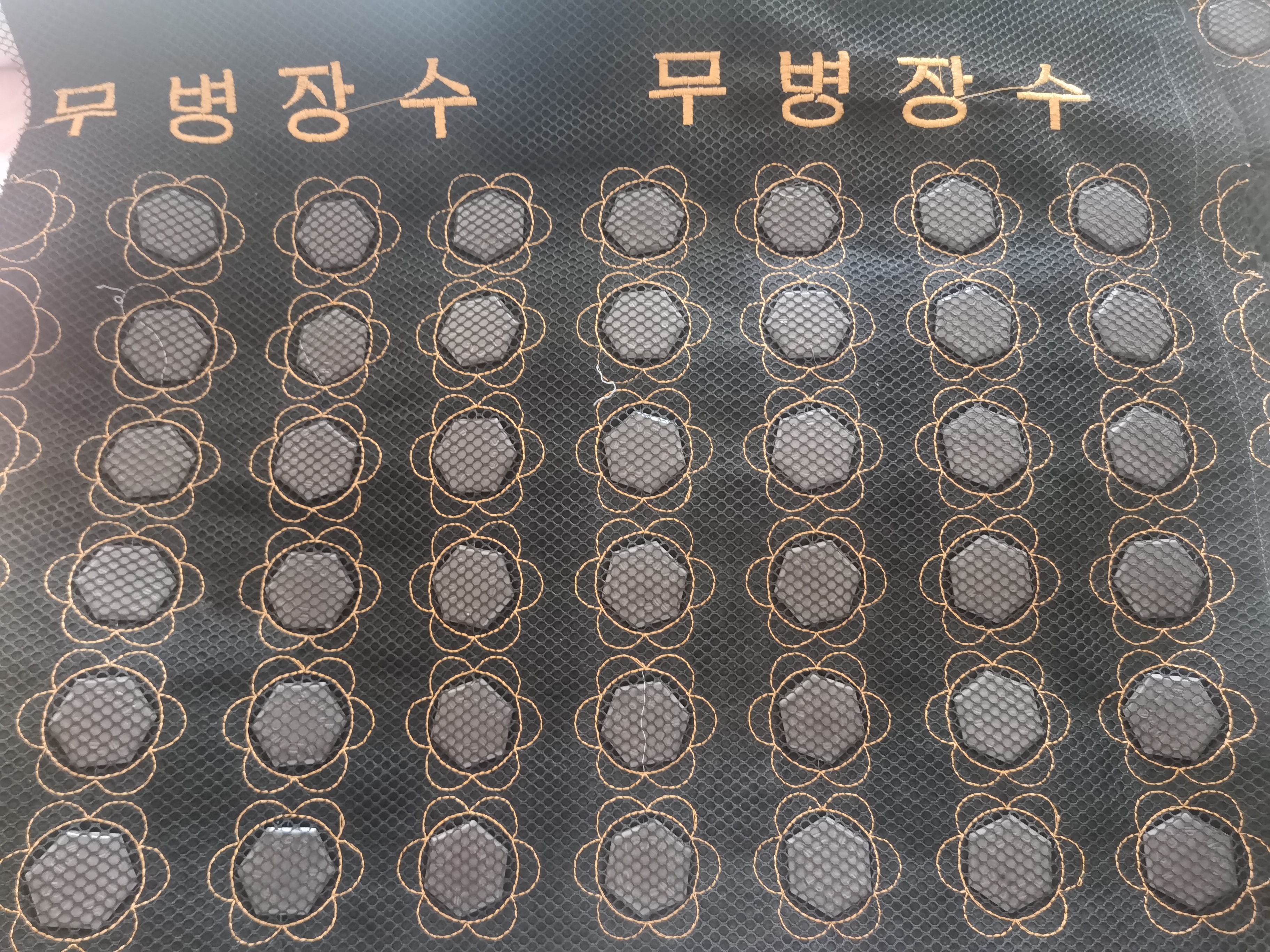
In today's world, where architectural and interior design choices play a crucial role in creating aesthetically pleasing and durable spaces, the performance of materials under various conditions is of utmost importance. One common concern that arises, especially in areas with high humidity levels, is whether ceramic tiles can withstand such environments without cracking or discoloration.
Ceramic tiles are renowned for their durability and versatility. They are made from a combination of natural materials such as clay, silica, and feldspar, which are heated at extremely high temperatures to form a hard and dense material. This manufacturing process gives ceramic tiles several properties that make them suitable for use in areas with high humidity.
Firstly, ceramic tiles are highly resistant to moisture. Their impervious surface prevents water from penetrating the tile, reducing the risk of cracking due to water absorption. Additionally, the glaze on the surface of ceramic tiles provides an extra layer of protection against humidity. The glaze is formulated to be resistant to staining and discoloration, ensuring that the tiles maintain their original appearance even in humid environments.
However, it is important to note that not all ceramic tiles are created equal. The quality of the tile, including the type of clay used, the firing temperature, and the quality of the glaze, can significantly affect its performance in high humidity. High-quality ceramic tiles from reputable manufacturers are more likely to withstand high humidity levels without cracking or discoloration.
Installation also plays a crucial role in the performance of ceramic tiles in high humidity environments. Proper installation techniques, such as using the correct adhesives and grouts, and ensuring a flat and stable substrate, can help prevent tiles from cracking or discoloring. It is also important to allow for proper ventilation and drainage to prevent moisture buildup.

